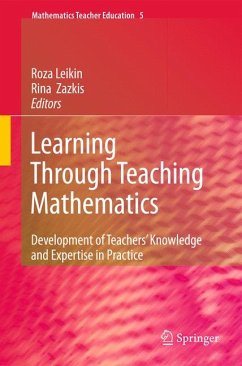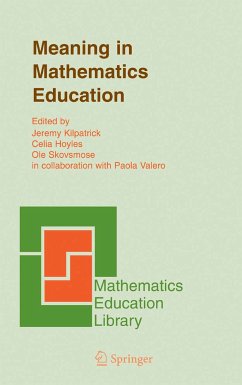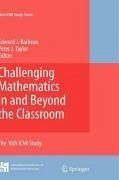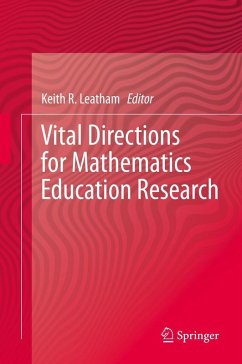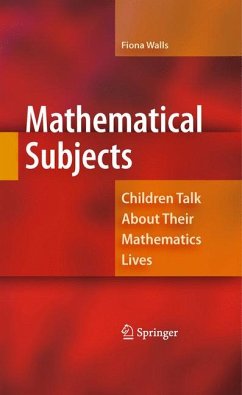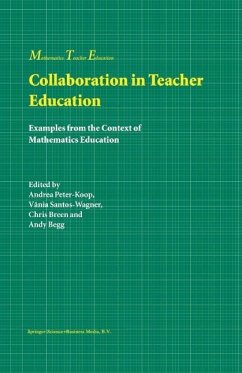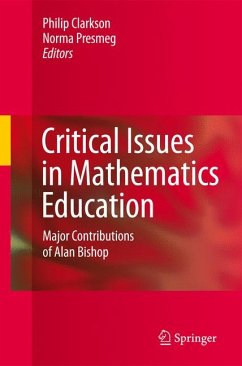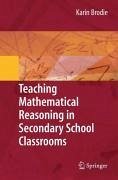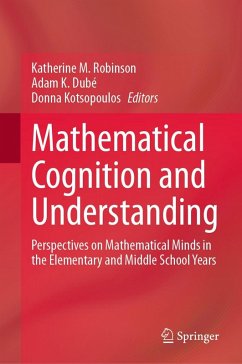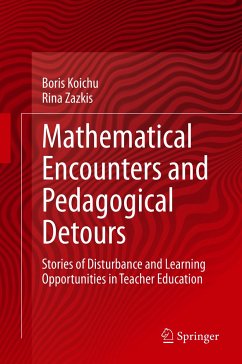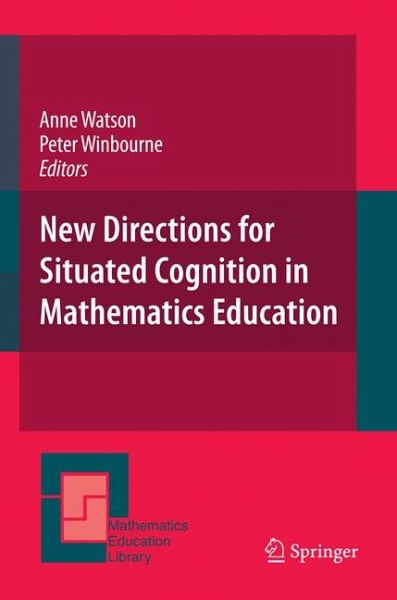
New Directions for Situated Cognition in Mathematics Education (eBook, PDF)
Versandkostenfrei!
Sofort per Download lieferbar
80,95 €
inkl. MwSt.
Weitere Ausgaben:

PAYBACK Punkte
40 °P sammeln!
This book draws together a range of papers by experienced writers in mathematics education who have used the concept of situated cognition in their research in recent years. It provides an up-to-date overview of developments and applications to which other researchers can refer and which will inspire future research. The book examines the present state of the field, the papers all relate to situated cognition, showing how its application to mathematics education has matured and become usefully embedded in our approach to central issues about learning mathematics.
Dieser Download kann aus rechtlichen Gründen nur mit Rechnungsadresse in A, B, BG, CY, CZ, D, DK, EW, E, FIN, F, GR, HR, H, IRL, I, LT, L, LR, M, NL, PL, P, R, S, SLO, SK ausgeliefert werden.




